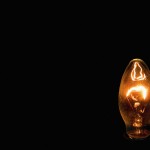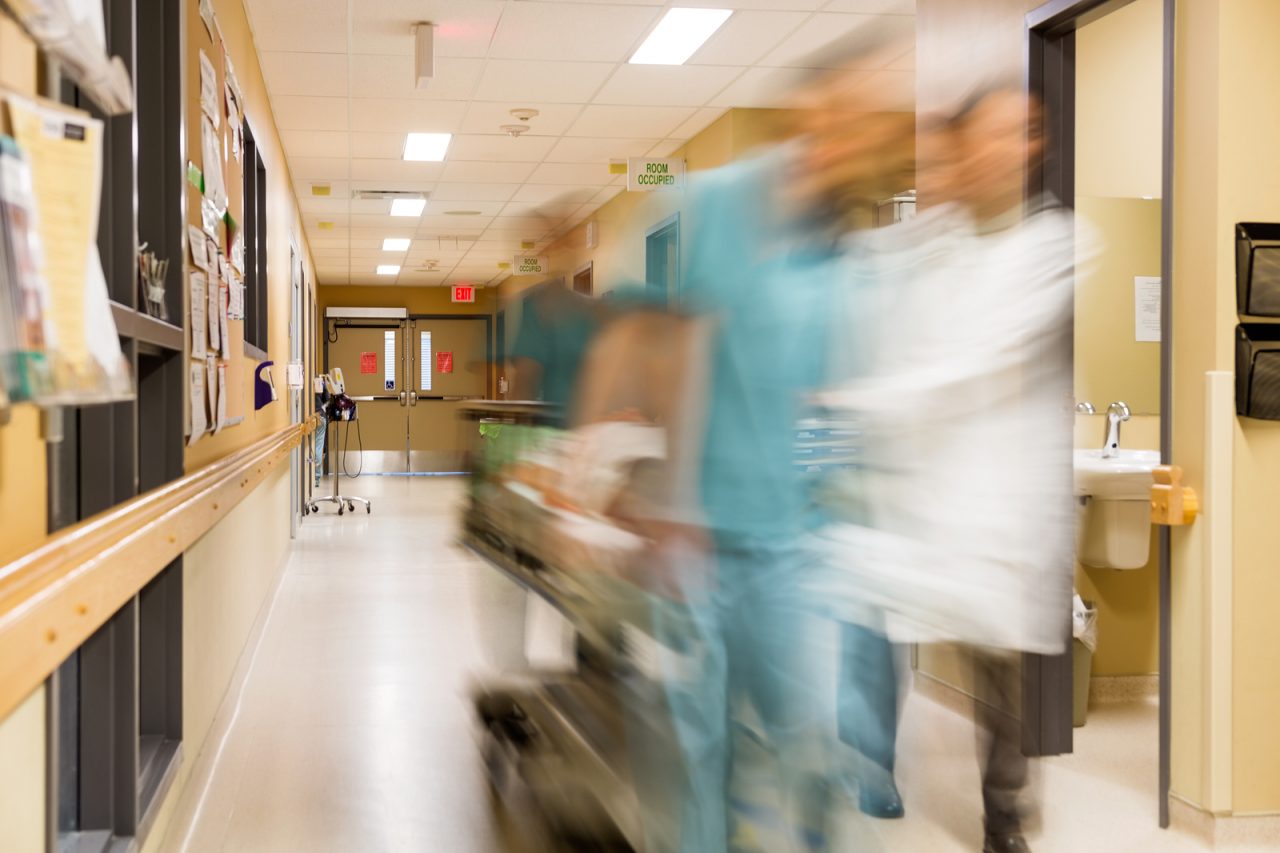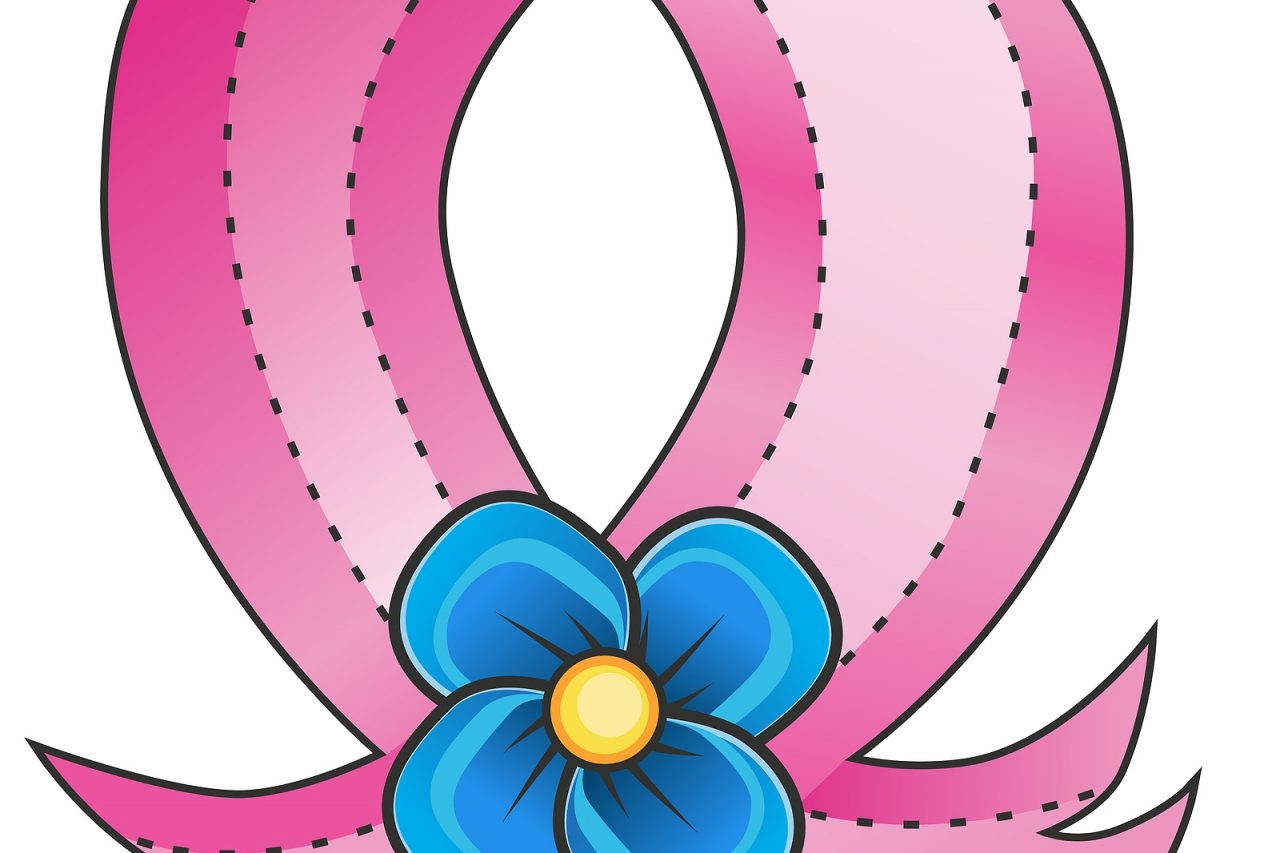Disclaimer: I have never had cancer. Therefore, at the most basic level, I do not have the right to pontificate about dealing with the dread disease. Rather, I have been the servant and support of those that struggle with cancer. I thought it might be of some assistance to share my observations from the other side of the bed rail. Perhaps, their secrets of survival may help you.
- Cancer is a team sport; do not do this alone. Never show up to an important appointment by yourself. You are dealing with a physical impairment, as well as a complex mental challenge, at the same time that you are frightened and do not feel well. Have someone with you to listen, ask, take notes and simply carry your things. This is true not only during treatment, but at home. Accept support. Build a team. Work together to fight this awful thing.
- In the same way, whether you like it or not, a family goes through this together. Those that love you, also “get cancer.” Working together helps everyone deal with the affects of the disease. You are not a burden. You reap what you sow.
- Nonetheless, it is also important to get time for yourself. You need grounding time; quiet moments to heal. Take a deep breath; rebuild. If your family does not understand the importance of “me time,” show them this note.
- On the other, other hand, stay involved with day-to-day life. We are social beings. Go to weddings, picnics and holiday events. Children’s soccer games mend better than antibiotics. Yes, it can be discouraging that you are too weak to dance, and frustrating to use a wheelchair in an airport (although the airlines are great about it, just call ahead). It is hard when you are at the Thanksgiving table and cannot eat. It is much worse, even dangerous, not to show up at all.
- Be whinny. Really, complain a lot. Tell your doctors what is happening. Take notes. Email. Call. Will the doctor give you his cell number? Do not ignore a fever for five days, crawl into the doctor’s office, and say, “By the way, I feel terrible.” That will result in the doctor saying, “By the way, time to go to the hospital.” This is why women make better patients then men; malignant macho.
- Be on time for your appointments, tests and treatments. This is my own hang-up, but being on time is part of being organized and I have noted that the patients that are punctual are organized and those that are organized do better.
- Get in shape. Before cancer. During cancer. After cancer. The more physically active, the better your body can fight illness and the less side effects you will have. Exercise not only prevents recurrence, but allows more rapid recovery. Walk. Row. Swim. Bike. Sex. Do not be a dead blob.
- Taking the exercise theme a step further, I have seen that those that do “alternative exercise” seem to do better. Yoga, Tai Chi, Pilates, Jazzercise, kickboxing, Recki, and a host of others seem to have remarkable benefits. Acupuncture, acupressure, Shiatsu, Jin Shin Do and chiropractic techniques rejuvenate many of these same patients. Stretch your comfort zone.
- No, I do not believe in vitamins. I have never seen them help. The data is poor and I can think of no reason that a pile of chemicals thrown into a tablet in some mad scientist’s lab, can improve on the body’s natural nutritional intelligence. The body knows what it wants and expects to receive vitamins in the balanced form of food. If it tastes bad, the body does not want it. If it tastes good, your body is broadcasting a need. Eat lots of fruits, vegetables. Limited red meat. Hydrate, hydrate, hydrate, hydrate, hydrate. Did I mention the importance of hydration?
- Do not smoke. Stop immediately. To be clear, if you have cancer and continue to smoke you are wasting your time and money visiting a doctor. You are screwed. Stop. Patients who continue to smoke, die.
- Limited alcohol. Note, I did not say none…1-2 drinks a week, seems to be OK. However, the 96 year-old who consumes two scotches a day is exceedingly rare.
- Understand your disease and therapy. It is your body, your life; you have to be in control. I love doctors, some of my best friends are doctors, but they are only teachers and guides. If you are going to get the best care, it will be the care that you think and understand to be best. Ask questions… lots of questions … create lists. Your doctor does not mind, because it focuses the conversation.
- In the Internet era, it is easy to build a baseline of knowledge. However, take anything you read online with a grain of salt. It is general knowledge, not personal prescription. The Internet can be a scary place, so use it only as a place to start. Ask your doctor.
- Find ways to deal with the stress. Family is the start, but support groups, counseling, hobbies, short trips, reading, writing, Facebook, can help the cure. Emotional suffering can drain you and make it hard to go on. Talk to your friends, family and doctor about alternatives. The most “successful” patients achieve emotional balance.
- Joke. Tease. Humor is a powerful weapon against despair and depression. Watch comedies. Read funny books. Joke with your caregivers. This is no more arbitrary than oxygen.
- Sob. Scream. Fight. Break things. Yell. Bitch. Get really pissed off. Shout now, apologize later. Purge the pain that is trying to eat you up. Let it out. “F**k this s**t.”
- Did I mention laughter?
- Recognize that your life has changed. Permanently. Cancer is like other major transitions in life … graduation, marriage, kids. It is just one you did not want … like divorce, flood, losing your job. Work to understand the new you.
- Recognize that life is the same. You are still you. The things you love (or hate), your view of life, the things most important, are the same. When the chaos settles, in the moments of quiet, you are still there.
- I do not understand this one, but pets definitely have healing powers. I am not certain what it is about a sad-eyed dog or a purring ball of fur that gives solace. My mother had two cancers. Her cat, Linda, used to bring in dead birds when she was weak in bed. Somehow, that motivated her to get up and going again.
- Make sure your doctors are communicating with each other. In the best of all possible worlds, they would do this without your prodding. However, you must play secretary; bring back and forth notes and records. Confirm they are talking to each other. Like I said, this is a team sport and it is vital that your professional caregivers function as a team. The most “successful” patients track records and the interactions of everyone involved in their care.
- Get a second opinion. Or third. Fourth? The worst thing that can happen is that everyone will learn something. Your doctors do not mind. If they do, they probably should not be your doctors.
- Care about your appearance. Stay groomed and clean. Dress nicely. As they say, the cloths make the man … or woman … and a well-clothed patient is a healthy patient.
- Try to leave the cancer and the treatment in the doctor’s office. This is very hard to do, but as much as you can compartmentalize the disease, leave the burden somewhere else, the better balanced your life.
- Attack… attack … attack. Successful patients and doctors know that persistence works. Uncover every stone. Destroy every disease. Be realistic, do not ruin your life with worthless toxic therapy, but consider every chance to kill cancer.
Do not crawl into a corner and become a cancer patient. In your body, somewhere, is the growth called cancer, but that disease is not you. You are not cancer. You are a wonderful, powerful, intelligent, important, loving and magical being. Do not sit and wait for the disease to go away. Live. Love. Life.







44 Comments